Traveling opens your world to incredible experiences, but it also exposes you to health challenges you might never face at home. From tropical parasites to altitude-related problems, your body encounters unfamiliar environments, foods, and conditions that can catch even seasoned travelers off guard. Understanding these common medical issues helps you prepare better and recognize symptoms early.
Whether you’re backpacking through Southeast Asia or taking a business trip to high-altitude cities, knowing what health problems frequently affect travelers can make the difference between a minor inconvenience and a trip-ending emergency. Here are 17 common medical issues that travelers encounter abroad.
Traveler’s Diarrhea

This digestive nightmare affects up to 40% of international travelers, especially those visiting developing countries. Your gut simply isn’t used to the local bacteria, parasites, or food preparation methods to which locals have built immunity over time. The condition typically strikes within the first week of travel and can last anywhere from a few days to several weeks. Think of it like your digestive system getting culture shock—it needs time to adjust to its new environment.
Altitude Sickness
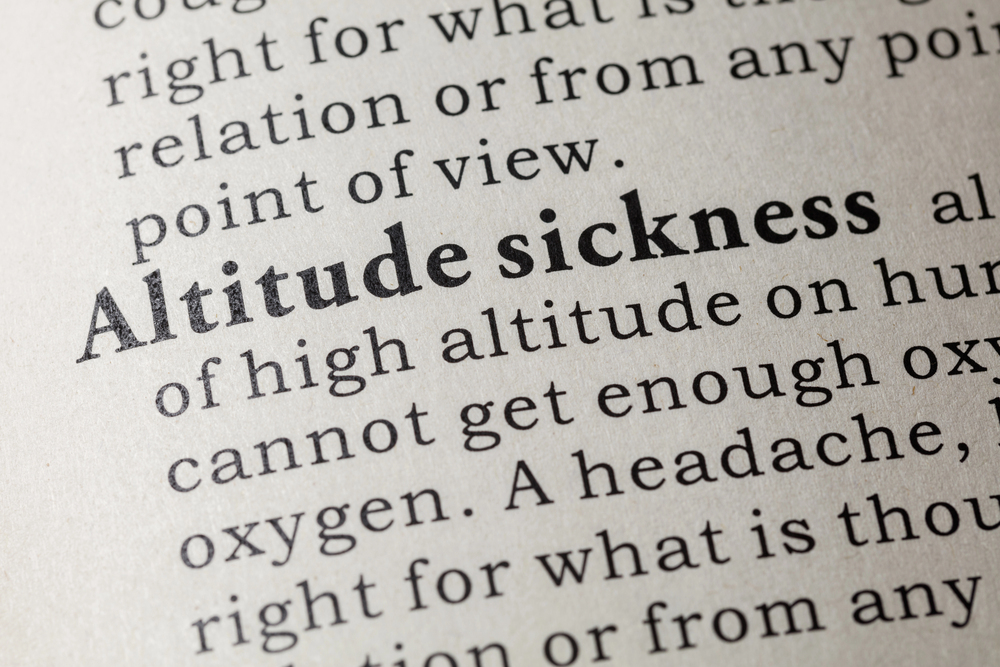
When you rapidly ascend to elevations above 8,000 feet, your body struggles to get enough oxygen from the thinner air. Cities like Cusco, Peru, and La Paz, Bolivia sit at elevations that can leave visitors feeling like they’ve been hit by a truck. Symptoms include headaches, nausea, fatigue, and dizziness that can make sightseeing feel impossible. Your body is essentially running on less fuel than it’s accustomed to, like trying to drive uphill with a half-empty gas tank.
Dengue Fever
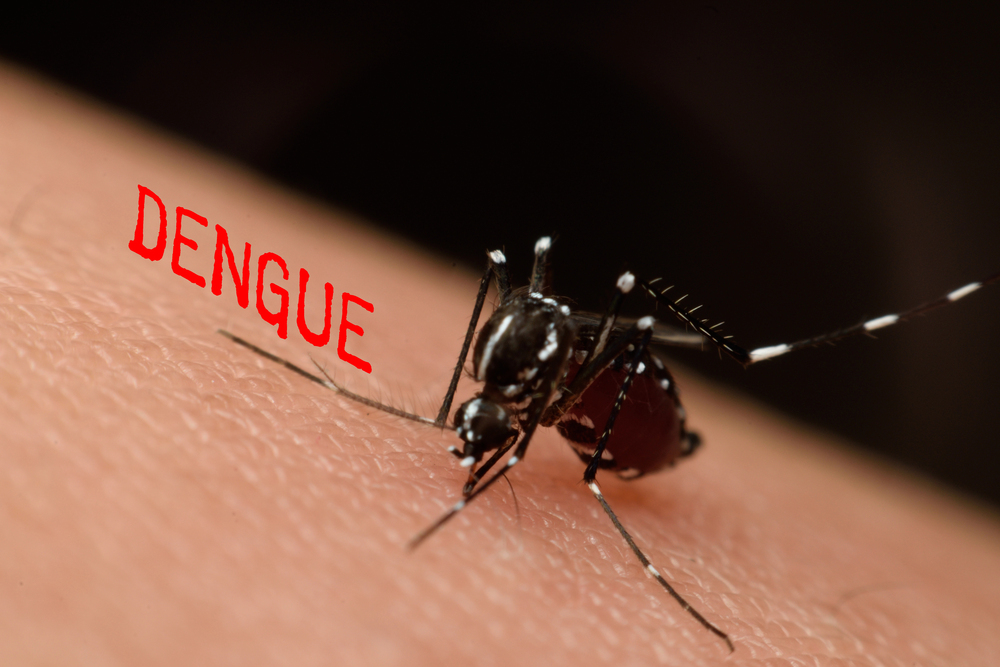
Mosquitoes carrying the dengue virus are found in tropical and subtropical regions worldwide, making this a serious concern for travelers to Southeast Asia, Central America, and parts of Africa. The fever comes with intense body aches that locals often call ‘breakbone fever’ because of how painful it feels. Most cases resolve on their own within a week, but severe forms can be life-threatening. It’s like getting the flu multiplied by ten, with joint pain that makes every movement uncomfortable.
Malaria

Despite being preventable with proper medication, malaria still affects thousands of travelers each year who visit endemic areas without adequate protection. The parasites transmitted by infected mosquitoes multiply in your liver and red blood cells, causing cyclical fevers, chills, and flu-like symptoms. Many travelers underestimate the risk or forget to take their preventive medications consistently. The disease is preventable with the right precautions, but it remains one of the most serious travel-related health threats.
Food Poisoning

Contaminated food and water cause more travel illnesses than any other factor, with symptoms ranging from mild stomach upset to severe dehydration requiring hospitalization. Street food, while often delicious and authentic, poses higher risks due to inconsistent food handling and storage practices. The ‘boil it, cook it, peel it, or forget it’ rule exists for good reason—bacteria and viruses that don’t affect locals can devastate unprepared digestive systems. Recovery usually takes 24–48 hours, but severe cases can ruin several days of your trip.
Sunburn and Heat Exhaustion
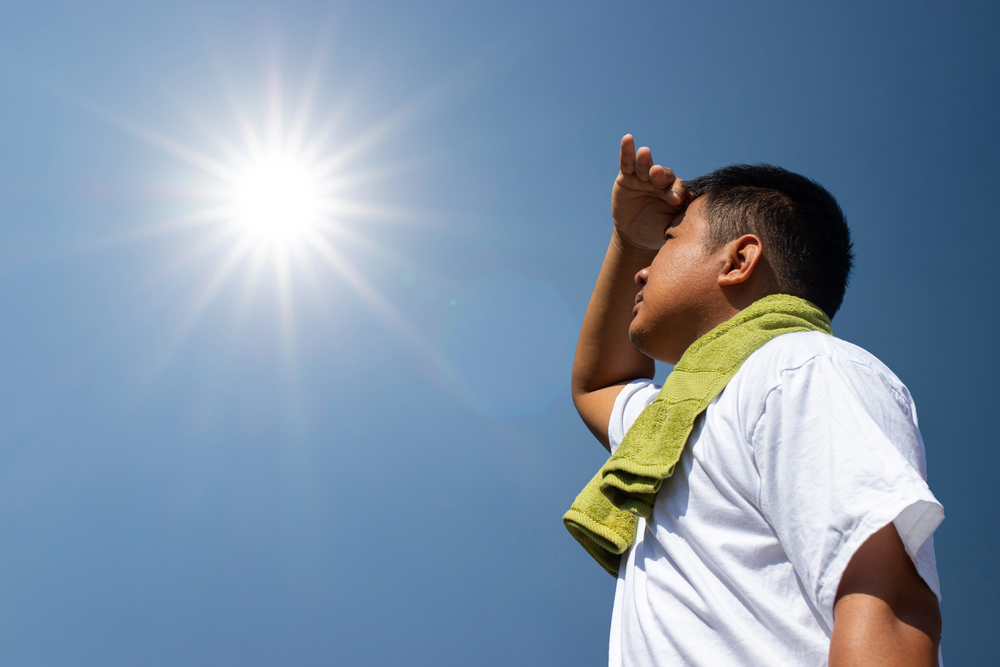
Tropical destinations and high-altitude locations can deliver sunburns that are far more severe than anything you’d experience at home. The combination of stronger UV rays, reflection off water or snow, and longer outdoor exposure times creates perfect conditions for skin damage. Heat exhaustion follows when your body can’t cool itself effectively in hot, humid climates to which your system isn’t adapted. These conditions are completely preventable but surprisingly common among travelers who underestimate the power of unfamiliar climates.
Motion Sickness

Long bus rides on winding mountain roads, boat trips in choppy seas, or flights with turbulence can trigger motion sickness in people who never experience it at home. Your inner ear gets confused by the constant movement, sending mixed signals to your brain about your body’s position and movement. The combination of unfamiliar transportation methods and travel fatigue makes you more susceptible than usual. Even people with iron stomachs can find themselves feeling queasy on a serpentine road through the Andes or during a ferry crossing in rough weather.
Jet Lag

Crossing multiple time zones disrupts your body’s internal clock, leaving you feeling exhausted during the day and wide awake at 3 AM. Your circadian rhythm, which regulates sleep and wake cycles, needs several days to adjust to new time zones. The condition is worse when traveling eastward and affects nearly everyone who crosses more than two time zones. Think of it as your biological clock being stuck in your home timezone while your body exists somewhere completely different.
Cuts and Scrapes

Minor injuries become major concerns when you’re far from familiar medical care, especially in areas where wound infections are more common due to climate and hygiene conditions. A simple cut from coral while snorkeling or a scrape from a motorbike accident can quickly become infected in hot, humid environments. Proper wound care becomes critical when you’re exposed to unfamiliar bacteria and have limited access to clean medical supplies. What would be a minor inconvenience at home can become a serious problem requiring medical attention abroad.
Insect Bites and Stings
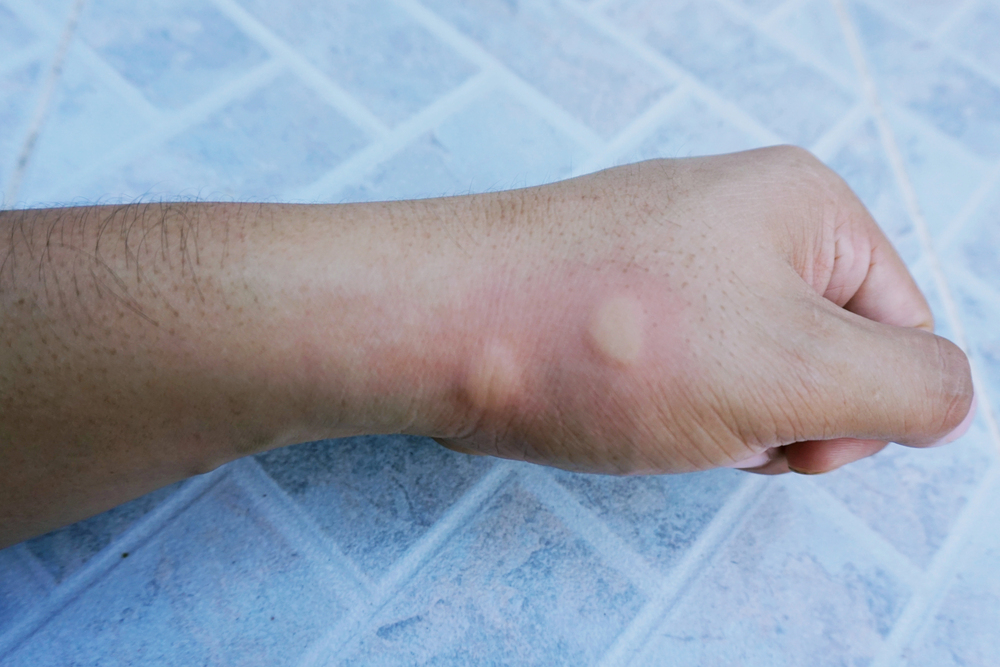
Tropical destinations introduce your skin to insects and spiders that don’t exist in your home climate, often resulting in bites that are larger, more painful, and slower to heal than you’re accustomed to. Some people develop severe allergic reactions to unfamiliar insect proteins, while others simply experience more intense itching and swelling. Mosquitoes, sand flies, and other biting insects are also more active in many international destinations. Your body hasn’t built up tolerance to these foreign insect proteins, making reactions more pronounced and uncomfortable.
Respiratory Infections

Air travel, crowded accommodations, and exposure to different viral strains make respiratory infections extremely common among travelers. Airplane cabins recirculate air that may contain viruses from passengers around the world, while hostels and hotels bring you into close contact with travelers from many countries. Your immune system works overtime trying to adapt to new environments while fighting off unfamiliar germs. Cold and flu symptoms can derail travel plans and make you miserable when you should be exploring new places.
Urinary Tract Infections
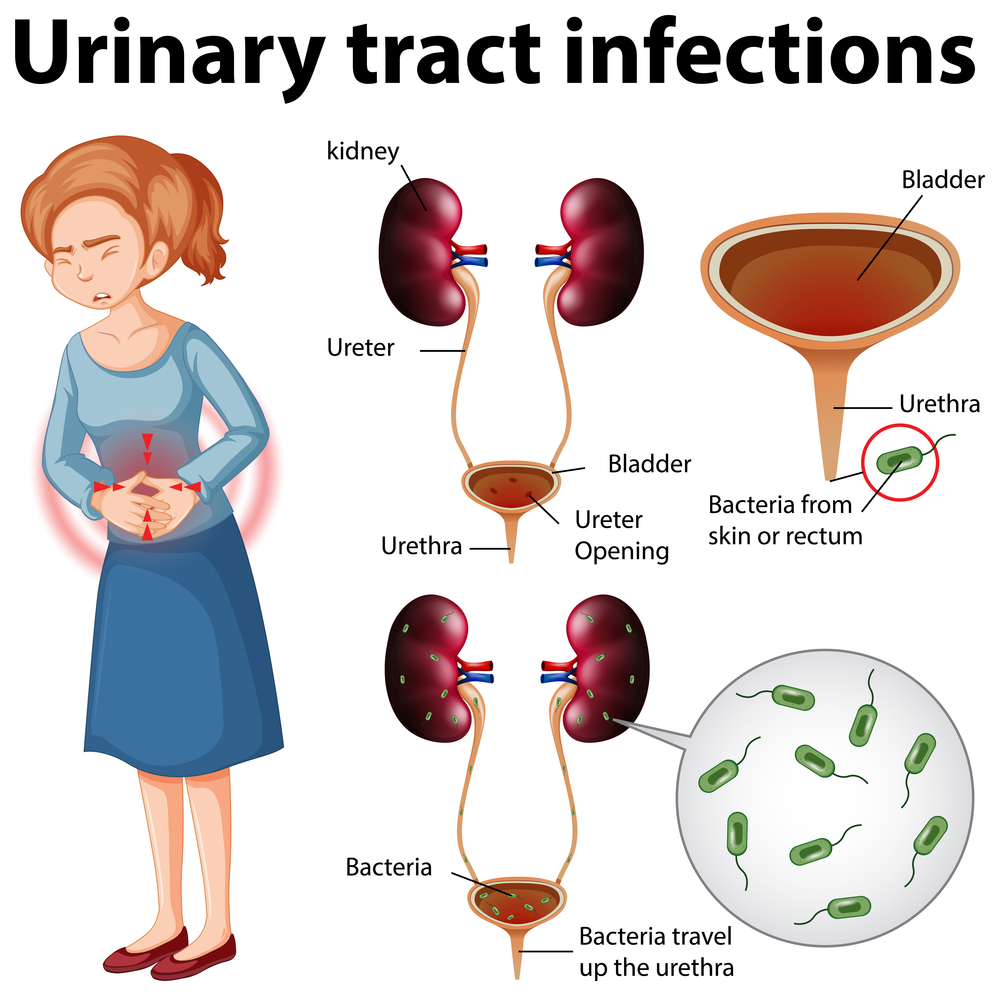
Changes in diet, dehydration from travel, and different bathroom hygiene practices can trigger UTIs in travelers, particularly women. Long flights and bus rides where bathroom breaks are limited contribute to the problem by allowing bacteria more time to multiply. The stress of travel and disrupted routines can also weaken your body’s natural defenses against infection. Many travelers don’t drink enough water due to concerns about bathroom availability, creating perfect conditions for bacterial growth.
Skin Infections

Hot, humid climates create ideal conditions for fungal and bacterial skin infections, especially in areas where clothing stays damp from sweat or rain. Athlete’s foot, ringworm, and other fungal infections thrive in tropical environments where your feet rarely get completely dry. Bacterial infections can develop from minor cuts or insect bites that become contaminated with unfamiliar microorganisms. Your skin, which easily handles bacteria in your home environment, suddenly faces new challenges it hasn’t encountered before.
Dehydration

Different climates, increased physical activity, and sometimes questionable water sources can quickly lead to dehydration that’s more severe than anything you’d experience at home. High altitudes, tropical heat, and dry airplane cabins all pull moisture from your body faster than usual. Many travelers underestimate their fluid needs or avoid drinking water due to concerns about quality. Dehydration compounds other travel-related health problems and can turn minor issues into serious medical situations.
Allergic Reactions
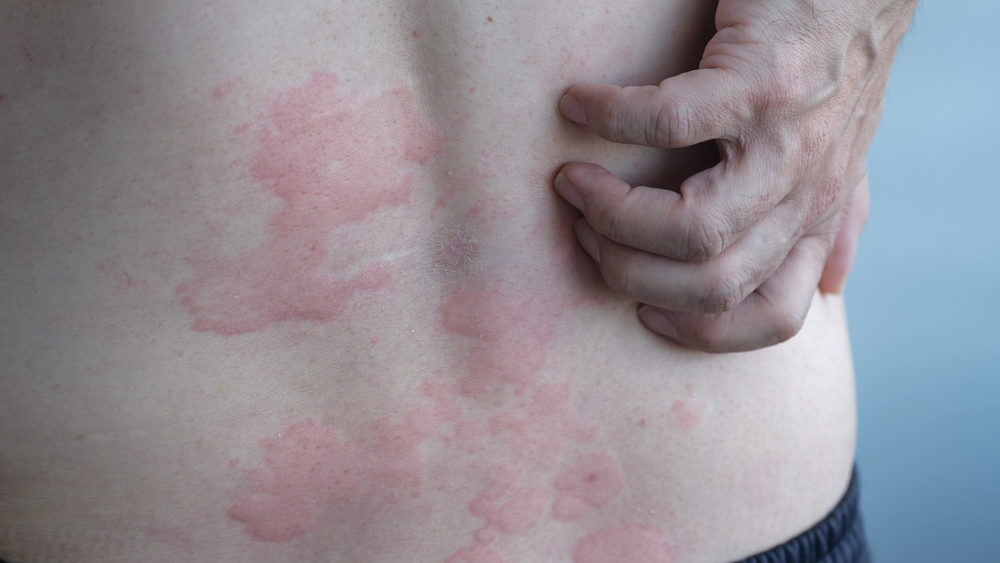
New foods, different pollen types, and unfamiliar environmental allergens can trigger reactions in people who rarely experience allergies at home. Spices, fruits, and cooking methods you’ve never encountered before can cause anything from mild stomach upset to severe allergic responses. Environmental factors like different grasses, flowers, and air pollution create new challenges for your immune system. Your body’s allergic response system goes into overdrive trying to process substances it has never encountered before.
Eye Infections
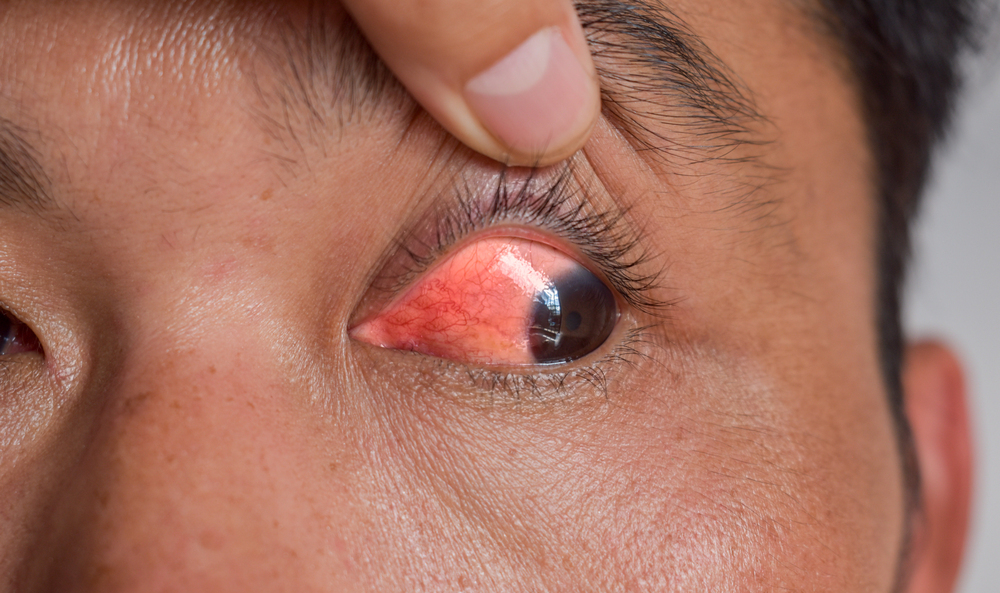
Dusty conditions, different bacteria in water sources, and increased sun exposure can lead to eye infections that are uncommon in your home environment. Swimming in contaminated water, whether in pools, lakes, or oceans, introduces bacteria directly to your eyes. Wind, sand, and pollution in many travel destinations irritate eyes and create opportunities for infection. Contact lens wearers face additional risks when water quality and hygiene practices differ from what they’re used to at home.
Parasitic Infections

Microscopic parasites in water and food sources can cause long-lasting digestive problems that may not appear until weeks after exposure. Giardia, cryptosporidium, and other waterborne parasites are common in areas with poor sanitation but can survive even in seemingly clean water sources. These infections often persist long after other travel illnesses resolve, sometimes requiring specific medications for treatment. Unlike bacterial infections that cause immediate symptoms, parasitic infections can remain dormant before causing weeks or months of digestive issues.
From Ancient Remedies to Modern Prevention

Travel medicine has evolved dramatically from the days when explorers simply hoped for the best and packed basic supplies. Today’s travelers have access to preventive medications, vaccines, and detailed health information that can prevent most serious travel-related illnesses. The combination of modern medicine and traditional common-sense precautions gives you powerful tools to stay healthy abroad. While our ancestors dealt with these same health challenges using primitive remedies, you can now travel with confidence knowing that preparation and awareness provide excellent protection against most common travel health problems.
More from Travel Pug

- 20 Best Beach Towns in the Carolinas
- 13 Destinations Where Tourists Regularly Regret Their Trip
- 20 Things You Actually Get in First Class
- 20 Small Airports With Aviation Museums
- 20 Places in the U.S. That Are Perfect for a Reset Trip
Like Travel Pug’s content? Follow us on MSN.
